
Image by Pexels from Pixabay
Having just read God’s Word about the peace that is mine in Christ,
Having just made my list for cookies and ingredients for Christmas church potlucks and celebrations,
Having just practiced special music for a joyful service to come,
I turned to face the headlines on the news and in my life–our well run dry from a two-month drought (Lord, bring rain), several women from church suffering impending grief, health challenges, or family strife, the aches of my own heart, and as I write, another country across the seas on the verge of war with a hostile neighbor.
Sorrow and love flow mingled down. The words of the hymn, an Easter hymn, not a Christmas carol, I know, but they came to mind and I can see they’re relevant in every season.
I’m teaching the book of Exodus right now. The foreshadowing of Jesus in the life of Moses is so strong and it speaks a message across the testaments into our turbulent times.
Moses was born to parents who had only known slavery under the merciless reign of Pharaoh. His people, once highly-regarded in the land, esteemed as the people of Joseph who guided the Egyptians safely through seven years of famine, now so feared they have been cruelly enslaved and maltreated. The Israelites hated without reason and spurned simply for existing. An ancient story echoed in our own streets this past year.
God had so blessed the Jews with growing numbers, Pharaoh trembles on his throne. He worships power but finds it as hard to grasp as the asp adorning his headpiece. For, power is a wriggling creature, always breaking loose or biting the hand that holds it.
Pharaoh does as power-hungry leaders do–he seeks control by commanding death. First, he tries to outsource murder with the Hebrew midwives, Shiphrah and Puah. They serve a God greater than Pharaoh so they quietly defy the king.

Image by Franz Bachinger from Pixabay
They choose life and God rewards their choice because He is a living God.
Next, Pharaoh turns to his own people, those who fear him as god. “Throw every male Hebrew infant into the Nile.” His people comply. Newborns ripped from their mothers’ arms and drowned beneath the raging current of the water that gives life to the land. Hebrew parents weeping and crying out for deliverance to the God who hears.
Into this sorrow, Moses is born. His parents place him in the Nile but lovingly cradled in a basket of reeds (an ark? a manger?). Miriam watches as Pharaoh’s daughter discovers the child and she, too, chooses life, raising Moses in the halls of the king who believes he’s secured his throne by his own hand, his own power.
Moses, though, will serve the living God and by God’s own hand the people will be delivered and Pharaoh overthrown. The firstborn sons of Egypt will not escape death. The armies that remain will drown in the currents of the Red Sea while God’s people cross safely through the parted waters to worship Him on the other side as free men and women.
Jesus’ birth came too in a time when God’s people suffered under merciless oppression. This time suffering under the power of Rome, led by Caesars who were also worshipped as gods.
God’s people, always a mixed bag of the faithful, the compromisers, and the outright betrayers, struggle to maintain peace sufficient to endure but in their prayers, they cry out for deliverance to the God who hears.
And how do we not worship our God forever knowing He is so secure in His own power, in His own throne, in His own ability to protect, to deliver, to overcome, that He sends His only begotten Son into this treacherous, violent, hostile land in the form of a baby to parents of humble means?

Image by congerdesign from Pixabay
Don’t think for a moment that kings did not quake on their thrones at the birth of this child. Kings sense every subtle shift in their hold on the universe. The power in their grasps wriggled like angry cobras and hissed in their ears that a threat was at hand.
So one king does what unstable earthly kings do. He sought control by commanding death.
“Then Herod, when he saw that he had been tricked by the wise men, became furious, and he sent and killed all the male children in Bethlehem and in all that region who were two years old or under, according to the time that he had ascertained from the wise men” (Matthew 2:16).
Newborns ripped from their mothers’ arms and slaughtered in a vain attempt to remain in power because that is the heart of the struggle, not only for kings, but for each of us–what will we do, what are we willing to sacrifice, to harm, to destroy, to remain seated on the throne of our lives? And what will we do when we encounter the One who deserves that throne more than we?
Will we choose life? Will we surrender our crown and bow down? Or will we tighten our grasp and choose death rather than receive the deliverance, the salvation, the light, the life God sent in Christ?
There has always been crying at Christmas.
There has always been warfare surrounding the nativity.
There has always been brokenness, sorrow, sin, and death.
But, there have also always been the faithful who see the light, who hear the voices of angels, and who surrender their thrones to the One who is worthy, Jesus.
Do you hear the angels singing over the headlines of your own life?
Sorrow and love flow mingled down. God heard our cry and His answer is Jesus. We are delivered. Live in that deliverance until He returns and let your voice join with the angels singing the good news:

“‘For unto you is born this day in the city of David a Savior, who is Christ the Lord. And this will be a sign for you: you will find a baby wrapped in swaddling cloths and lying in a manger.’ And suddenly there was with the angel a multitude of the heavenly host praising God and saying, ‘Glory to God in the highest, and on earth peace among those with whom he is pleased!'” (Luke 2:11-14) ESV.
May the coming year be littered with abandoned thrones and may the air fill with the laughter, the shouting, the singing, and the praise of the faithful who have seen the truth that we don’t need to grasp control or claim power through control that only leads to death. With Christ on the throne of our lives, we live forever free!
What are your thoughts, your struggles, your joys in this season? I love to hear from you. I respond to every comment and reply to every email.
Sorrow at Christmas? War at Christmas? What is the answer? https://t.co/UmLGGDmpZs #Advent #Sorrow
— Lori Roeleveld (@lorisroeleveld) December 3, 2024
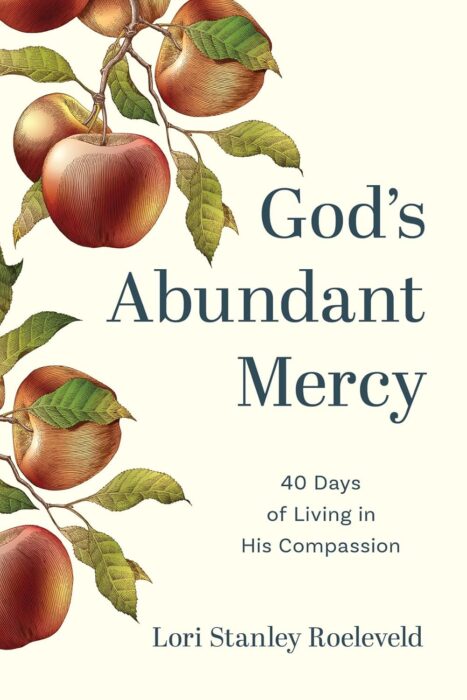
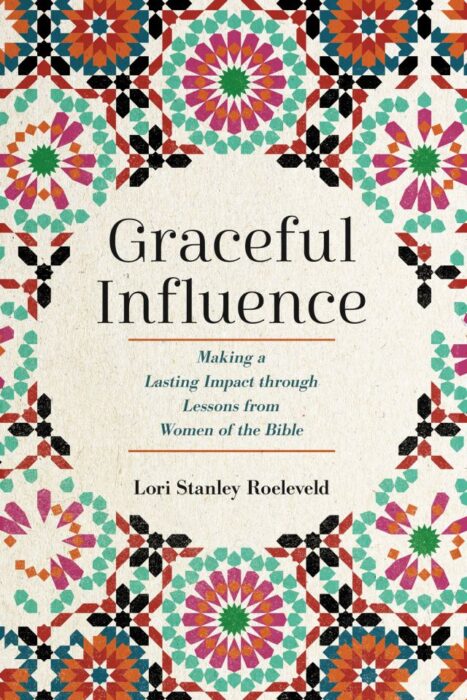
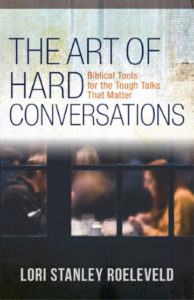
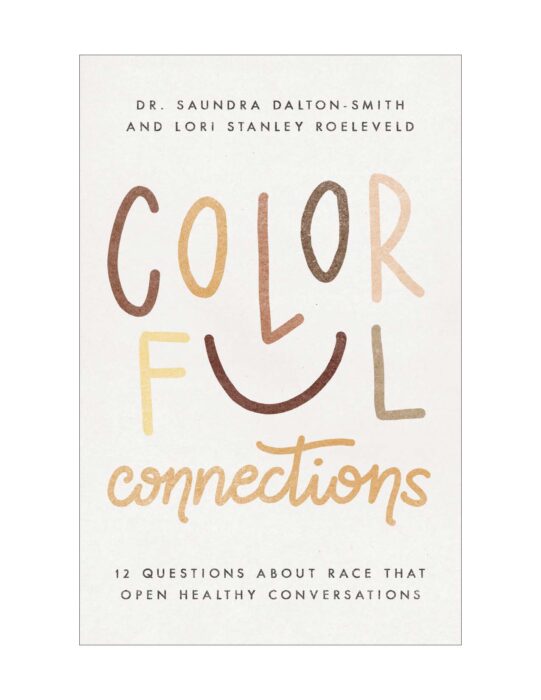

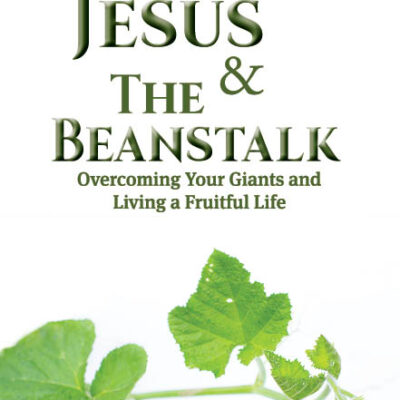





The Conversation
“There has always been crying at Christmas…”
Yes— and so often, I find my eyes wet this time of year. Perhaps you’ve given an answer to my question, why? Perhaps my heart is just feeling that mixture of bitter and sweet. After all, that’s what filled the stage onto which our Savior stepped. Your post, your wise words, bring clarity. They bring comfort—yes, even in mourning. Thank you.
You have a lovely and tender heart, just like our Lords, my friend!